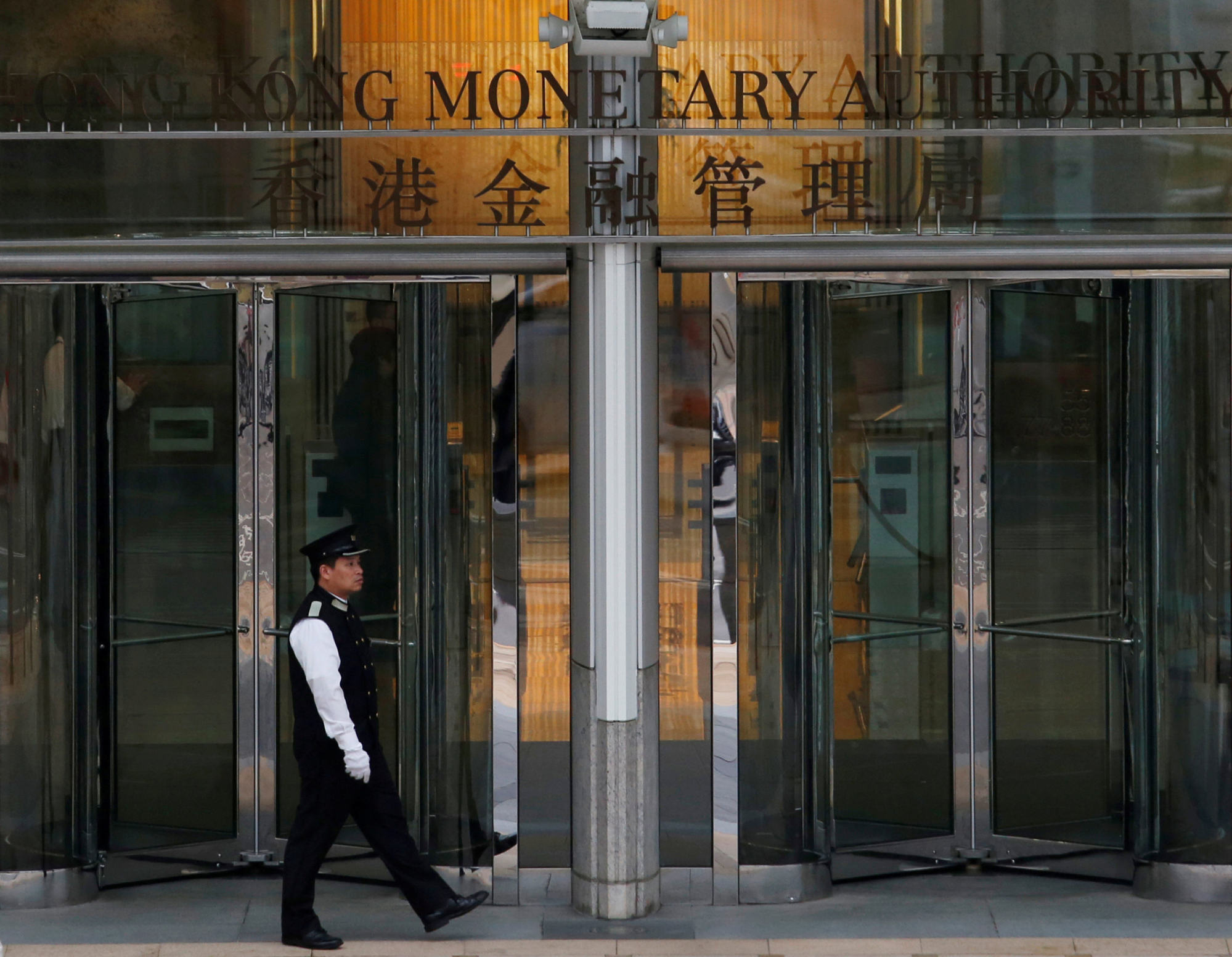“The Exchange Fund is for a long-term investment and should not worry over the short-term market volatilities,” Eddie Yue Wai-man, CEO of the HKMA, said during the financial affairs panel meeting at the Legislative Council.
Hong Kong’s businesses have gradually returned to normal after a full reopening of the borders with mainland China in January. There was a brief revival of economic and market momentum in the first quarter, but the local stock market has lost steam since then as the mainland economy has failed to bounce back with any conviction.
The Exchange Fund allocates 72 per cent of its investments to bonds, 12.3 per cent to offshore equities, 6.6 per cent to deposits, 5.1 per cent to overseas property and other private-equity investments, and 4 per cent to Hong Kong stocks, based on HKMA data at the end of 2021.

This reflected the performance of the Hang Seng Index, which dropped 6 per cent in the third quarter and 10 per cent in the first nine months.
The fund lost HK$8 billion from overseas stock investments during the third quarter, compared with a loss of HK$19.2 billion a year earlier. On a nine-month basis, its overseas stock investments gained HK$40.5 billion, a turnaround from a loss of HK$92.4 billion last year.
That echoes the performance of the the S&P500 index in New York, which slipped 3 per cent in the third quarter, but rose 12 per cent in the nine-month span.
The losses in stocks were offset by the fund’s bond investments, which gained HK$15.7 billion in the third quarter, compared with a loss of HK$22.8 billion a year earlier. Bonds earned HK$73.7 billion in the first nine months of the year, compared with a loss of HK$78.7 billion last year.
The loss from foreign-exchange depreciation on non-US dollar assets came in at HK$7.5 billion in the third quarter, compared with a loss of HK$30.8 billion last year. On a nine-month basis, it lost HK$9.3 billion. The ICE US dollar Index dropped 3 per cent in the third quarter and rose 2.6 per cent in the first nine months.
The valuation change of the Exchange Fund’s investments in overseas property and other long-term projects in the first half of 2023 stood at a gain of HK$16.5 billion, compared with a loss of HK$15 billion a year earlier. The HKMA reports the first-nine-month performance of its long-term investments at a later stage.
Fee payments to the government’s fiscal reserves amounted to HK$14 billion in the year to September 30.

